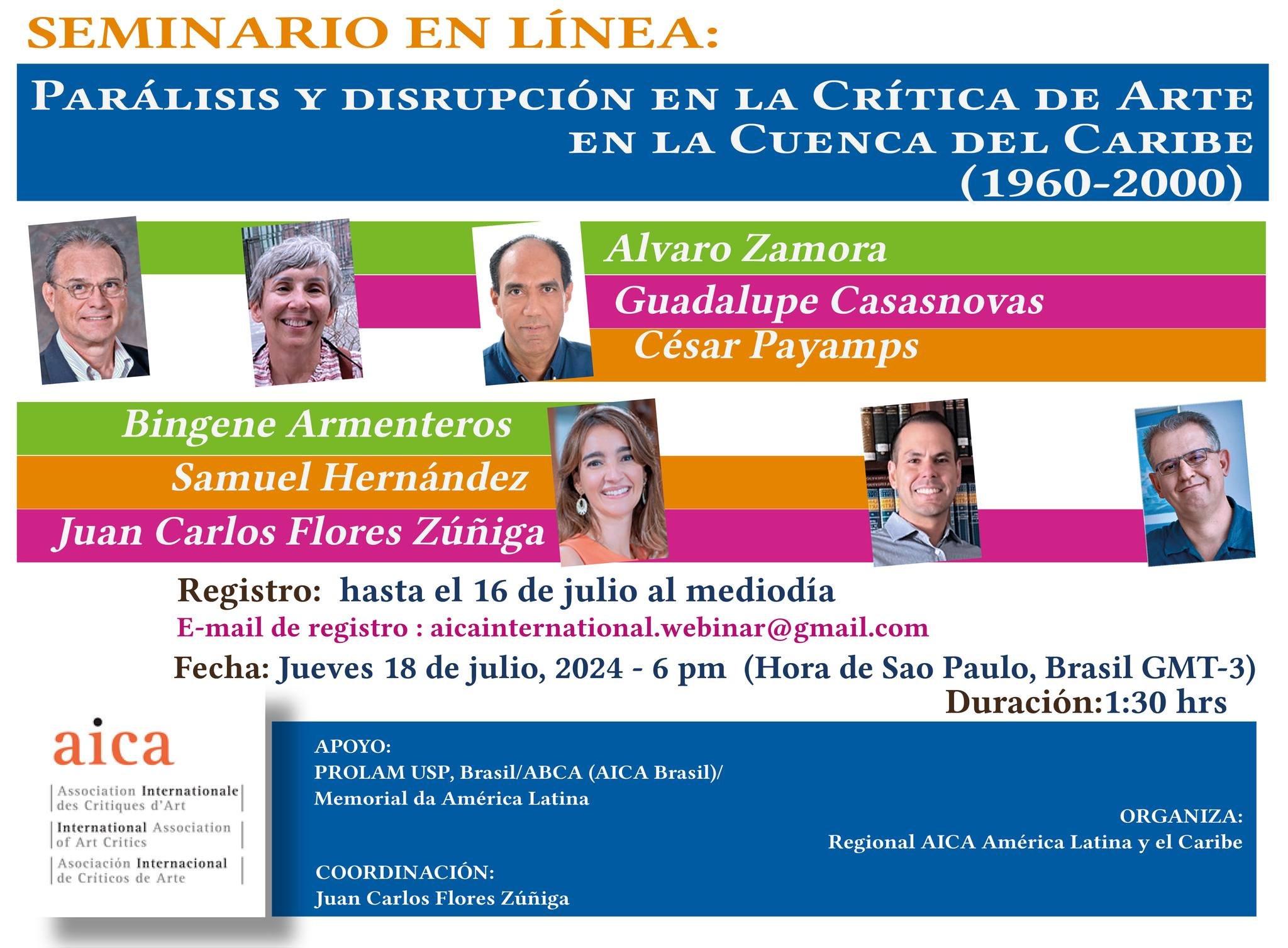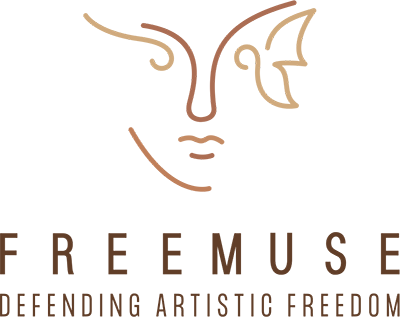Uncomfortable Heritage in Post-Soviet Art, Public Space and Museums
DATE: Friday 13 September 2024
TIME: 15.00 (CET); 09.00 (EST)
DURATION: 2 hours
Speakers
Nikita Kadan – Ukrainian artist works with installation, sculpture, painting, graphics, often in interdisciplinary collaboration with historians, architects and human rights activists.
Yevheniia Moliar – Ukrainian art historian working on the cultural heritage of the Soviet period, in particular monumental art.
Dr. Kinga Siewior – Historian and assistant professor in the Department of Anthropology of Literature and Cultural Studies at the Faculty of Polish Studies at Jagiellonian University in Krakow.
Sabina Shikhlinskaya – Azerbaijani artist, educator, and curator of the first Azerbaijani exhibition pavilion at the 52nd Venice Biennial.
Lali Pertenava – Art historian, researcher, and curator based in Tbilisi, Georgia. Her primary area of interest is socially engaged/public art.
Moderator
Arkadiusz Poltorak – President of AICA Poland
RUPTURED HISTORIES is a series of Web Symposiums presented by AICA International (International Association of Art Critics) on the initiative of the Fellowship Fund Committee. This fourth iteration of Ruptured Histories has the support of AICA Poland and AICA Netherlands.
Ruptured Histories is open to AICA members and non-members, students and academics worldwide. There is no charge for attending.
After the moderated discussion between the speakers and the respondents, there will be time for the audience to raise issues, present questions and discuss points with any of the speakers.
PRACTICAL INFORMATION
To subscribe to the Web Symposium please send an e-mail to:
aicainternational.webinar@gmail.com
You will receive a link 24 hours before the event.
RUPTURED HISTORIES: IN THE SHADOW OF RUSSIA
Uncomfortable Heritage in Post-Soviet Art, Public Spaces and Museums.
For our upcoming Ruptured Histories Webinar, we have invited Ukrainian artist Nikita Kadan, Ukrainian art historian Yevheniia Moliar, Polish historian Dr. Kinga Siewior, Azerbaijani artist, educator and independent curator Sabina Shikhlinskaya and Georgian art historian and curator Lali Pertenava. They will discuss the difficulties faced by artists in post-Soviet regimes in their attempts to engage with issues related to cultural memory. Monuments, museum collections, urban planning and architecture are interfaces through which contemporary artists establish relationships with the 20th-century past – and especially that of the Soviet era. However, these relationships are rarely optimistic and are not grounded in a sense of continuity between today’s culture, institutions, and social rituals, and those of the time. Taking Ukraine as an example, the forms of social life typical of Soviet Ukraine appear to be imposed from above – as testaments to political and cultural violence, the renewed manifestations of which Ukrainians recognise in Russia’s contemporary behaviour towards its neighbouring countries. In the light of the ongoing war, traces of the Soviet past often amount to undesirable heritage. As such, they are subjected to active censorship and defacement on the one hand, and cultural elaboration in the light of present interpretations of the past on the other. If war provides a strong impetus for such processes, it should be noted that they have persisted longer than Russia’s military aggression itself. They are not endemic to Ukraine either. The dialectic of tabooism and reinterpretation of the Soviet legacy takes a different pace and course in different areas of the former USSR but remains recognisable in the culture of all post-Soviet countries. How widely does the ongoing war in Ukraine affect culture and art across the former USSR? Do common strategies for constructing cultural memory emerge in the art of diverse post-Soviet societies, despite significant differences? Is the ongoing defacement of Soviet monuments simply a manifestation of epistemic justice and the ‘levelling of accounts’ with the historical perpetrators? Or, following Sharon Macdonald’s writings on Germany’s ways of dealing with its Nazi past, can the traces of the Soviet past be regarded as a ‘difficult heritage’, bearing witness not only to the experience of oppression but also to the shared responsibility in sustaining it?

















